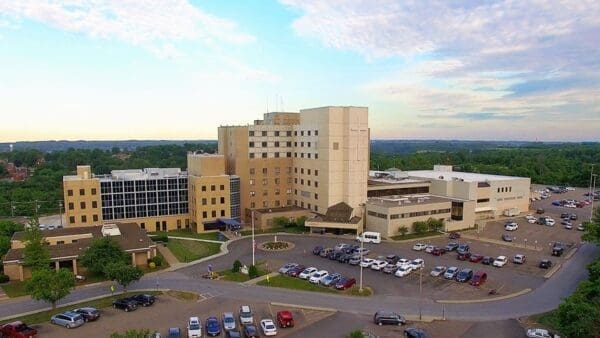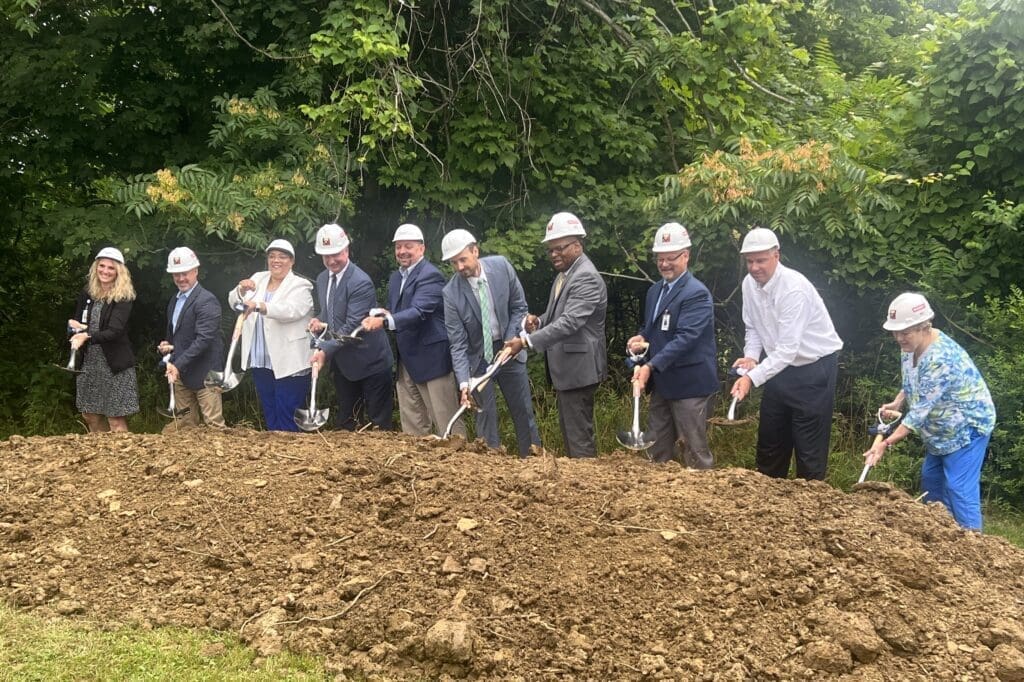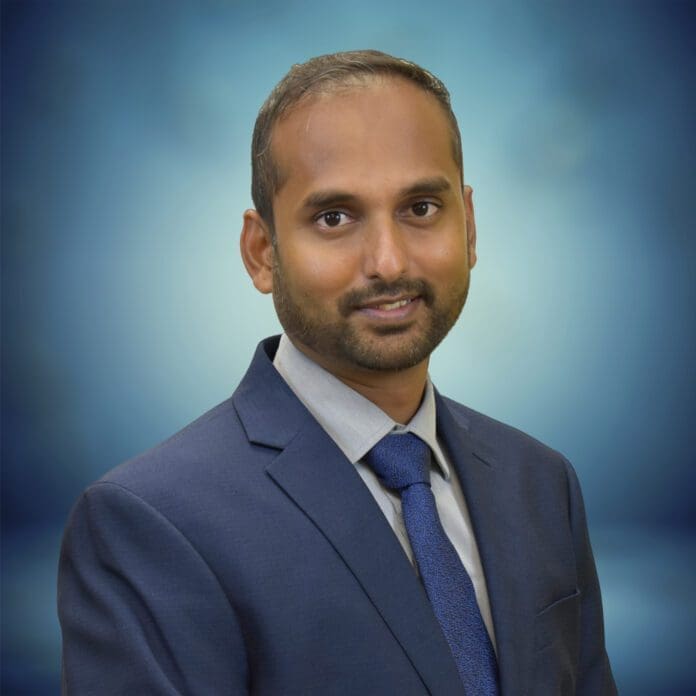The very first line of his biography on the Trinity Health System website states:
Dr. (Suresh) Srinivasan’s practice philosophy is to blend medical innovation, evidence-based medicine and compassion to meet each patient’s individual goals.
And go figure, here he goes again. Srinivasan is trained for general surgery, anesthesiology, and interventional pain medicine, and his position with Trinity is in the Pain Medicine Department. The topic for his radio appearance will be Diabetic Peripheral Neuropathy, and the interview will be available on River Talk at 4 p.m. on 100.1 and 100.9FN and on AM1290 and AM1430.
“I’m really looking forward to the time on air because we always get good information out to the listeners. We change the topics each time, and we’ve received great feedback,” the physician said. “Now this topic is an important one because we have so many cases in this region. That’s why I have taken a good look at this condition and the best ways we can relieve that pain.
“Diabetes can cause a lot of issues with the human body, especially if it is untreated,” Srinivasan explained. “But there are ways to treat the pain and maybe even improve the condition.”
Srinivasan appeared on River Talk several times in 2023 to offer his insights and perspectives concerning chronic pain and opiate addiction. He has identified several different ways for those who are recovering from addiction to continue experiencing pain relief from past injuries and afflictions.
“It is very unfortunate so many have become addicted because of the pain they experience every day, but when they have moved away from those opiates successfully, there are other options,” he insisted. “I work with patients every day who are now in recovery and are working with different methods of pain relief. Living with pain every day is very difficult when it comes to working and when it comes to good mental health.
“We make mistakes by taking our mental health for granted,” Srinivasan said. “That’s why I continue my research every day and go on the radio as often as I can.”

What is Diabetic Peripheral Neuropathy?
Diabetic neuropathy refers to nerve damage caused by diabetes. Diabetic peripheral neuropathy is a prevalent complication, manifesting as pain with symptoms like numbness, burning, or tingling. The World Health Organization estimates 422 million adults worldwide have diabetes, with 29.7 million in the USA alone, resulting in a global prevalence of 8.5%. Diabetes can lead to systemic damage, significantly impacting health-related quality of life and potentially posing life-threatening risks. Roughly 20% of diabetes patients develop painful diabetic neuropathy (PDN), a progressive and potentially debilitating chronic neuropathic pain condition.
Treatment of Painful Diabetic Neuropathy (PDN)?
Current PDN treatments involve neuropathic pain medications, such as gabapentinoids, serotonin-norepinephrine reuptake inhibitors, tricyclic antidepressants, opioids, and topical solutions. High-quality randomized clinical trials (RCTs) show limited efficacy and a high incidence of adverse effects with these medications. Although gabapentin and pregabalin are commonly prescribed, long-term adherence can be poor, with over 60% of patients discontinuing within six months.
What is New?
Take a step forward in how we treat chronic diabetic nerve pain.
The FDA has approved a breakthrough SCS treatment option for PDN patients struggling with debilitating pain and finding no relief with currently available pharmacologic options. Multiple level 1 high-quality randomized controlled studies demonstrate the effectiveness of spinal cord stimulation in treating patients with PDN.

What is Spinal Cord Stimulation?
Spinal cord stimulation, akin to a pacemaker for diabetic neuropathy pain, consists of a small pulse generator implanted under the skin and two wire leads placed near specific nerves along the spine. Working together, they block nerve pain. While this technology has been used for decades to treat back and leg pain, its efficacy in treating diabetic neuropathy of the feet has been studied more recently. SCS involves a minimally invasive implant procedure that lets you go home the very same day


